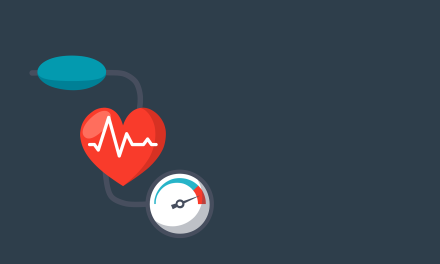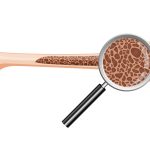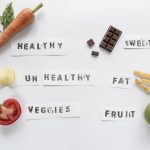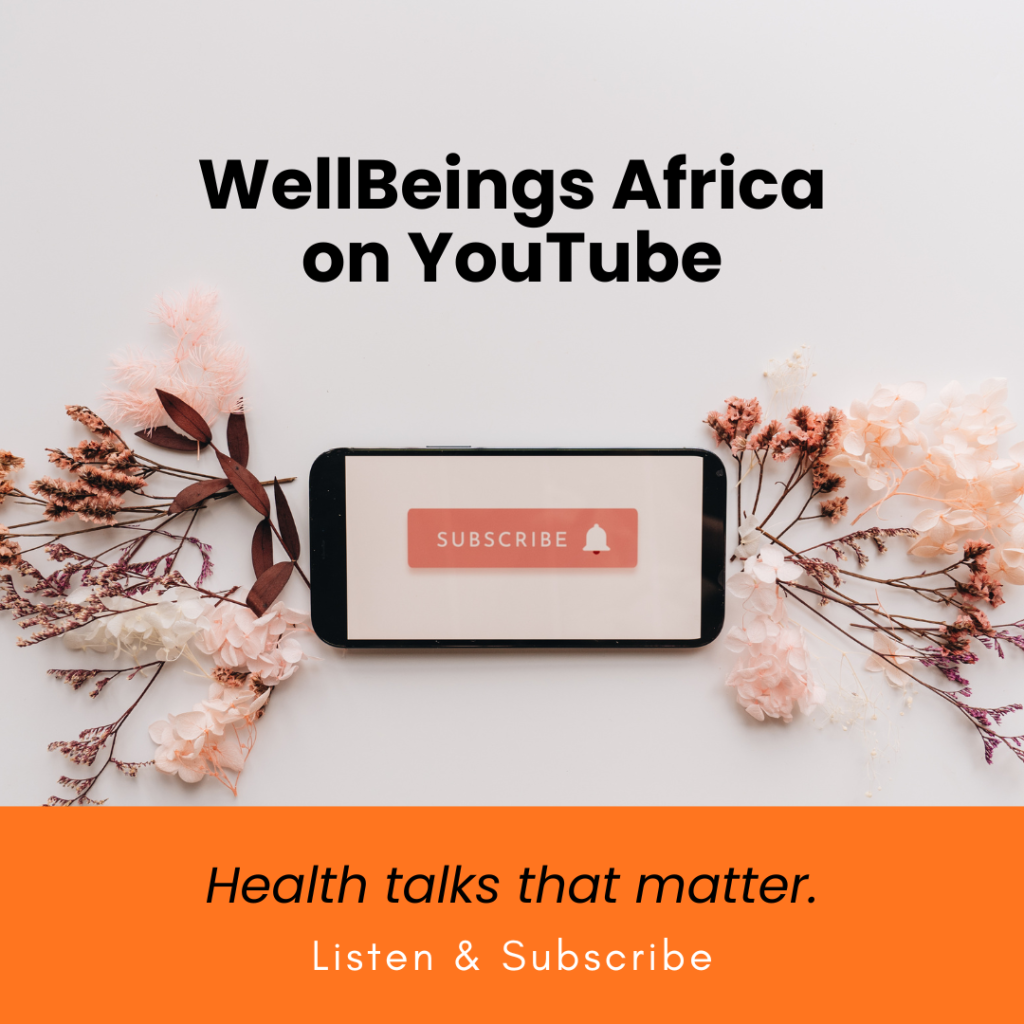Don’t underestimate the importance of good nutrition during cancer recovery
When it comes to recovering from cancer, we often focus on the treatments – chemo, radiation, or surgery. But there’s another powerful tool at your disposal: nutrition.
Eating well is important for maintaining your immune system and keeping your energy levels up during such a challenging time. Let’s dive into why nutrition matters when navigating cancer recovery, and how to make it work for you.
Quick Read:
- Good nutrition helps keep your immune system strong and boosts your energy during cancer recovery.
- Following a healthy diet can help with side- effects from treatments, making it easier for you to eat and absorb the necessary nutrients.
- It’s important to be careful with food safety since treatment can make you more vulnerable to infections.
- Planning meals and having healthy food on hand can make cooking easier and ensure you get the nutrition you need.
Why nutrition matters
Imagine your body as a car; running smoothly requires quality fuel. Healthy eating is all about providing your body with the right nutrients.
A diet that’s filled with fruits, vegetables, protein and healthy fats can help you feel better and support your recovery. On the other hand, it’s a good idea to cut back on sugar, alcohol, and salt. But how does this work when you’re undergoing cancer treatment?
Challenges with cancer nutrition
Cancer treatments can throw a wrench into your nutritional plans. Treatments like chemotherapy may cause side-effects that affect your appetite, taste and ability to eat. You may go through weight loss or find it hard to enjoy your favourite foods due to mouth sores or a dry throat.
The good news? With some tweaks to your diet and support from your doctor, you can find a nutrition plan suited to your needs. Here are some key points to consider:
How to plan your diet for cancer recovery
- Tailor your diet: The type of cancer and treatment you are given will influence your dietary needs. Work with your doctor to create a personalised plan that prioritises nourishment.
- High-calorie foods: If you’re experiencing weight loss, focus on high-calorie, nutritious foods. Options like avocados, nut butters, and smoothies can be helpful.

Stay hydrated + plan ahead
- Stay hydrated: Drink more fluids, especially if you have a sore mouth or throat. Smoothies and shakes can be a delicious way to get enough calories and hydration.
- Plan ahead: Fatigue can make it difficult to shop for groceries and cook. Plan your meals and stock up on easy-to-prepare foods for days when you’re low on energy.
Understanding the effects of cancer treatment
Many cancer patients may experience side-effects that affect their ability to eat and absorb nutrients, leading to malnutrition. This can be particularly challenging for those with cancers affecting the digestive system, such as head and neck, stomach, or colon cancers.
Food safety matters
With some cancer treatments potentially weakening your immune system, food safety becomes even more important.
Here are a few tips to keep in mind:
- Hygiene matters: Wash your hands with soap and water before cooking or eating.
- Clean your produce: Scrub fruits and vegetables to remove harmful bacteria.
- Separate foods: Use different utensils and cutting boards for meat and vegetables to avoid cross-contamination.
- Stock up: Keep a stock of healthy foods at hand. Frozen meals or pre-packaged snacks can save time and your precious energy.
- Keep it simple: Choose easy-to-digest snacks like pretzels or crackers for quick options.
- Get help: Don’t hesitate to ask friends or family for help with grocery shopping or meal prep. Creating a grocery list for them can make it easier to get what you need.
Help at hand
Remember to talk to your doctor before making any tweaks to your diet. While cancer recovery can be daunting, focusing on good nutrition can support your body throughout the process. With the right food, meal planning, and a little help from your loved ones, you can boost your strength and energy during your recovery.
Images: Pexels





















